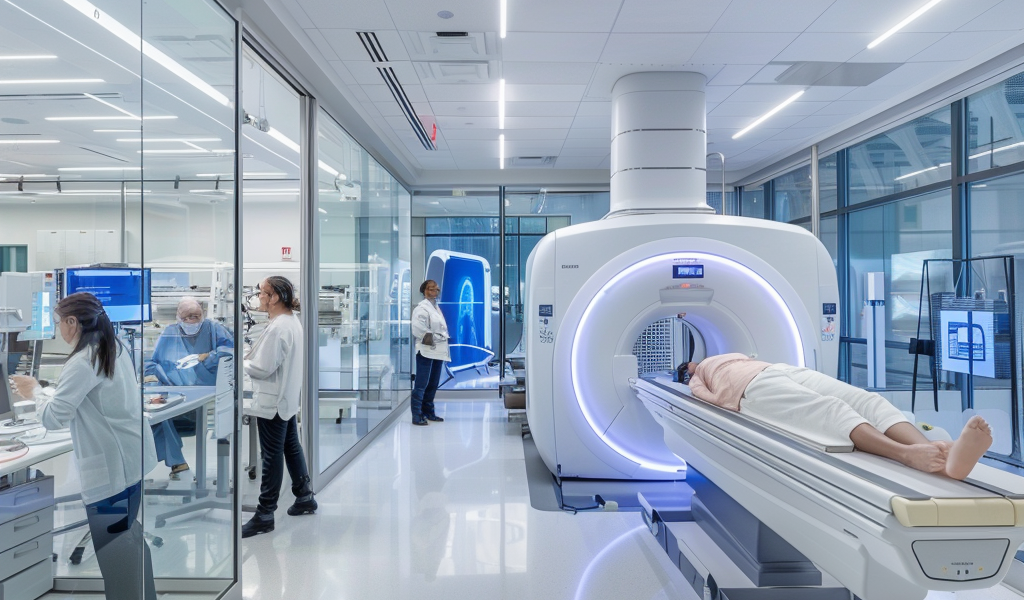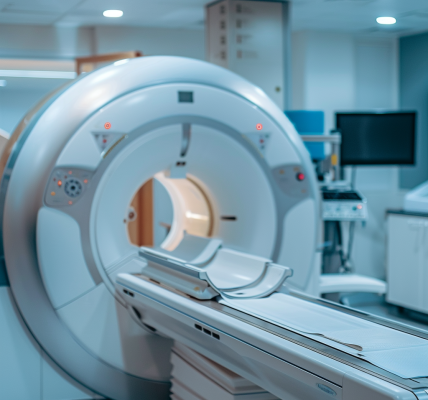Researchers at The University of Texas at Dallas have been awarded a substantial grant from the National Institutes of Health (NIH) to further their groundbreaking study on brain aging. This initiative, spearheaded by psychology professors Dr. Kristen Kennedy and Dr. Karen Rodrigue at the Center for Vital Longevity (CVL), aims to delve deeper into the intricacies of brain structure, function, and cognition over time.
The NIH has allocated $3.7 million to support the expansion of the Dallas Area Longitudinal Lifespan Aging Study, which will now include a fourth and fifth wave of data collection. This extension enables the researchers to track the cognitive and brain health of participants over an impressive span of 14 years. The study has already encompassed three cycles of data collection over the past eight years, involving individuals aged 20 to 98.
At the heart of this research is the utilization of cutting-edge imaging technology. The team will employ a 7-Tesla magnetic resonance imaging (MRI) scanner, one of only about 35 in the United States, located at the Advanced Imaging Research Center (AIRC). This powerful machine, weighing 24 tons, is capable of imaging brain tissue with remarkable precision, allowing researchers to explore the chemical metabolites present in the brain.
Dr. Kennedy emphasized the significance of understanding the mechanisms that differentiate normal aging from pathological aging, stating, “While cognitive neuroscience has made great strides in identifying the major brain differences between younger and older adults, a true measure of aging requires longitudinal studies like ours that show how brain and cognitive metrics change over time within an individual, while also sampling individuals in middle adulthood.” This approach is crucial for establishing a comprehensive understanding of the aging process.
As the project progresses, the researchers anticipate that the upcoming data waves will provide novel insights into the metabolic factors influencing brain aging. Dr. Rodrigue, who leads the Cognitive Neuroscience of Aging Lab at CVL, noted, “The next two sets of data will add novel information about the metabolic factors that may determine if a person’s brain-aging trajectory is healthy or not, leading to pathologies such as Alzheimer’s disease.” This focus on metabolic factors is essential for identifying potential early indicators of cognitive decline.
The advances in technology since the inception of this research have opened new avenues for studying aging at a more detailed level. Researchers are now able to investigate biomarkers that contribute to our understanding of individual differences in brain aging. Dr. Kennedy remarked, “The biological interactions that determine how we age are beyond the reach of traditional neuroimaging. These neurocognitive trajectories and outcomes must be studied at the micro-, meso- and macroscales: from cells to systems.” This comprehensive approach is expected to yield significant findings that could reshape our understanding of aging.
The study’s design, which spans multiple data collection waves, allows for a robust analysis of how various factors influence cognitive health over time. By following the same individuals across different life stages, the researchers aim to uncover patterns and trends that may inform future interventions and treatments for age-related cognitive decline.
As the research unfolds, it holds the potential to contribute valuable knowledge to the field of cognitive neuroscience, particularly in understanding the aging process and its impact on brain health. With the support of the NIH grant, Dr. Kennedy and Dr. Rodrigue are poised to make significant strides in unraveling the complexities of brain aging, ultimately benefiting public health and enhancing the quality of life for aging populations.
The implications of this research extend beyond academic interest; they resonate with the broader societal challenge of an aging population. With increasing life expectancy, understanding how to maintain cognitive health in older adults is more critical than ever. The findings from this study could lead to improved strategies for promoting healthy aging and mitigating the risks associated with cognitive decline.
In summary, the collaboration between UT Dallas and the NIH represents a significant step forward in the quest to understand brain aging. By leveraging advanced imaging technologies and a longitudinal study design, researchers are set to explore the intricate relationship between brain health and aging, paving the way for future discoveries that could transform the landscape of cognitive health in older adults.





